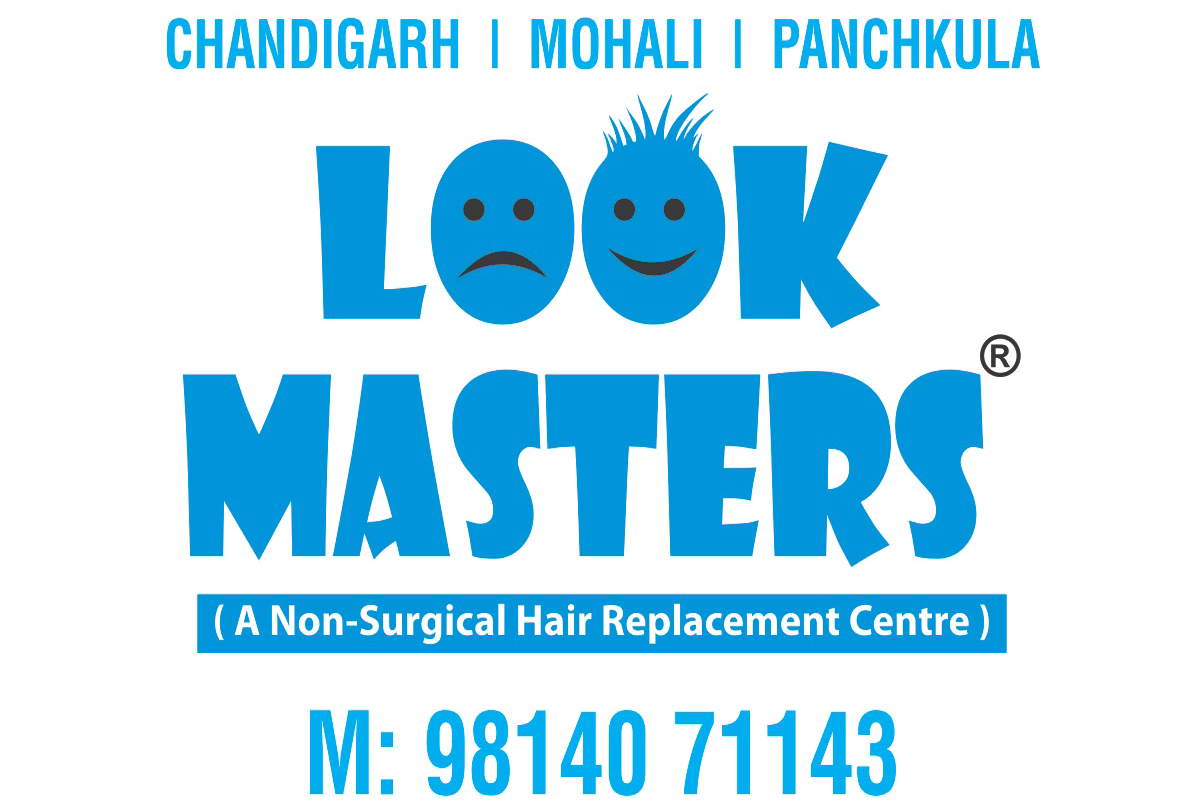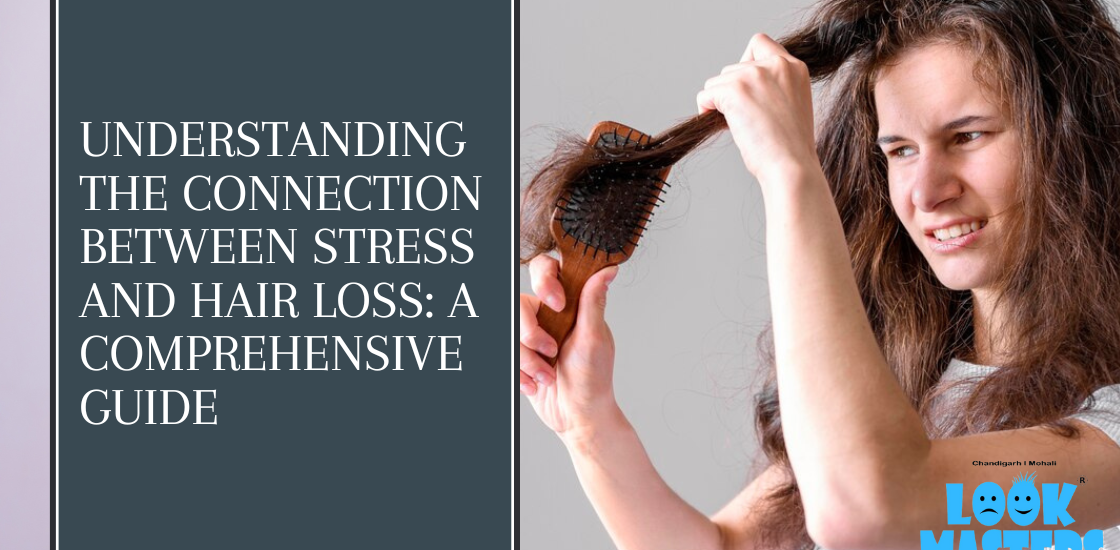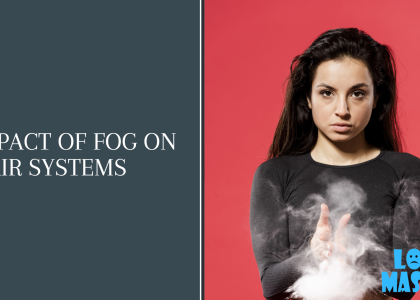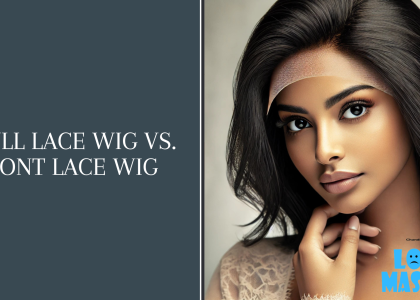Hair loss is a common concern that affects people of all ages and backgrounds. While there are numerous factors that contribute to hair loss, stress is one of the most prevalent and often overlooked causes. Chronic stress can lead to a condition known as telogen effluvium, where hair follicles prematurely enter the resting phase, resulting in hair shedding. In this comprehensive guide, we will delve deep into the intricate relationship between stress and hair loss, exploring the science behind it, the types of stress-induced hair loss, and most importantly, ways to manage stress and potentially prevent hair loss. Additionally, we will conclude by highlighting Look Masters, a trusted provider of non-surgical hair replacement services in Chandigarh and Mohali, where individuals can find solutions to regain their confidence and address hair loss concerns.
Understanding Hair Growth
Before we dive into the connection between stress and hair loss, it’s crucial to understand the basics of hair growth.
Hair Growth Cycle
Hair growth occurs in cycles, and there are three main phases:
- Anagen phase: This is the growth phase where hair follicles are actively producing new hair.
- Catagen phase: In this transitional phase, hair growth slows down, and the hair follicle shrinks.
- Telogen phase: This is the resting phase where the hair follicle is dormant, and the old hair is pushed out to make way for new growth.
Understanding this cycle is essential to grasp how stress can disrupt it.
The Role of Hair Follicles
Hair follicles are tiny structures in the skin that produce hair. They are responsible for the size, shape, and texture of our hair. Each hair follicle has its own growth cycle, and factors like genetics and hormones influence the characteristics of the hair it produces.
The Science Behind Stress And Hair Loss
Now, let’s delve into the scientific explanation of how stress can lead to hair loss.
What Happens to Your Hair During Stress
During periods of stress, your body goes into “fight or flight” mode, releasing hormones like cortisol. While this response is essential for survival, chronic stress can disrupt normal bodily functions, including hair growth. Stress can lead to hair follicles prematurely entering the telogen phase, causing hair to fall out.
Cortisol and Its Impact on Hair
Cortisol, known as the “stress hormone,” is a key player in stress-related hair loss. Elevated cortisol levels can lead to inflammation and reduced blood flow to the hair follicles. This can weaken the hair shaft and contribute to hair thinning and loss.
Types of Stress-Related Hair Loss
Not all stress-induced hair loss is the same. There are various types, each with its own characteristics.
- Telogen Effluvium – Telogen effluvium is one of the most common forms of stress-related hair loss. It occurs when a significant number of hair follicles enter the telogen phase simultaneously, leading to noticeable hair shedding.
- Alopecia Areata – Alopecia areata is an autoimmune condition where the immune system mistakenly attacks hair follicles, leading to hair loss in small, round patches. Stress can exacerbate this condition.
- Trichotillomania – Trichotillomania is a psychological disorder characterized by the urge to pull out one’s hair. It often develops as a coping mechanism for stress and anxiety.
- Stress-Induced Male and Female Pattern Baldness – Chronic stress can also accelerate the onset and progression of male and female pattern baldness, which is primarily influenced by genetics. Stress may worsen this condition by influencing hormonal changes.
Identifying Stress as a Hair Loss Trigger
Recognizing the role of stress as a hair loss trigger is essential for early intervention.
Common Signs and Symptoms – Common signs of stress-induced hair loss include increased hair shedding, thinning of the hair, and receding hairlines. Monitoring these changes can help identify the problem.
The Importance of Stress Management – Addressing the underlying stress is crucial to preventing further hair loss. Stress management techniques can be effective in reducing the impact of stress on hair health.
Coping with Stress to Prevent Hair Loss
Now that we understand the connection between stress and hair loss, let’s explore strategies to manage stress and prevent further hair loss.
Stress-Reduction Techniques
- Mindfulness Meditation: Practicing mindfulness can reduce stress and promote relaxation.
- Exercise: Regular physical activity releases endorphins, which are natural stress relievers.
- Deep Breathing: Deep, slow breaths can help calm the body’s stress response.
- Yoga and Tai Chi: These practices combine physical movement with relaxation techniques to reduce stress.
Lifestyle Changes
- Healthy Diet: A balanced diet rich in vitamins and minerals supports hair health.
- Adequate Sleep: Getting enough restorative sleep is crucial for overall well-being.
- Limiting Caffeine and Alcohol: Excessive consumption can contribute to stress and disrupt sleep.
- Social Support: Building a strong support network can help individuals cope with stress.
Seeking Professional Help
For severe stress and anxiety, seeking professional help from therapists or counsellors is essential. They can provide guidance and techniques to manage stress effectively.
Nutrition and Hair Health
Diet plays a significant role in maintaining healthy hair. Here are some dietary tips for promoting hair growth and preventing hair loss.
Diet Tips for Healthy Hair
- Protein: Hair is primarily made of protein, so ensure you have an adequate intake of sources like lean meat, fish, and legumes.
- Iron: Iron deficiency can lead to hair loss, so incorporate iron-rich foods like spinach, beans, and red meat into your diet.
- Omega-3 Fatty Acids: Found in fatty fish, flaxseeds, and walnuts, these can improve hair elasticity and shine.
- Vitamins and Minerals: A balanced intake of vitamins like A, C, and E, as well as minerals like zinc and biotin, supports healthy hair growth.
Supplements for Hair Growth
In some cases, dietary supplements like biotin or specialized hair supplements may be recommended to promote hair growth. Consult with a healthcare professional before adding supplements to your routine.
The Role of Genetics in Hair Loss
Genetics also plays a significant role in hair loss. Understanding how genetics and stress interact can provide insight into your hair loss situation.
How Genetics and Stress Interact – While genetics predispose individuals to hair loss, stress can exacerbate the condition. Those with a genetic predisposition may experience hair loss sooner or more severely when under chronic stress.
Genetic Predisposition to Hair Loss – Male and female pattern baldness, also known as androgenetic alopecia, is often inherited. If hair loss runs in your family, it’s important to be proactive in managing stress and taking preventive measures.
Hormonal Imbalances and Hair Loss
Hormones play a vital role in hair health, and imbalances can contribute to hair loss.
The Link Between Hormones and Hair – Hormonal fluctuations, such as those experienced during pregnancy, menopause, or thyroid disorders, can lead to hair thinning and loss.
Managing Hormonal Hair Loss – If hormonal imbalances are causing your hair loss, consult with a healthcare professional. They can diagnose and treat underlying hormonal issues, which may help slow or reverse hair loss.
Non-Surgical Hair Replacement: A Solution for Hair Loss
For those experiencing significant hair loss, non-surgical hair replacement can be a viable solution.
Introduction to Non-Surgical Hair Replacement
Non-surgical hair replacement offers a non-invasive way to restore the appearance of a full head of hair. It involves the application of customized hairpieces or extensions to cover bald or thinning areas.
How Non-Surgical Hair Replacement Works
The process typically involves the following steps:
- Consultation: An initial consultation to determine the client’s needs and preferences.
- Measurement: Precise measurements of the client’s scalp and hair are taken.
- Customization: A customized hairpiece or extension is created to match the client’s hair colour, texture, and style.
- Application: The hairpiece is expertly applied to the client’s scalp, blending seamlessly with existing hair.
The Benefits of Non-Surgical Hair Replacement
Non-surgical hair replacement offers several benefits, including:
- Natural Appearance: The hairpiece looks and feels like natural hair.
- Immediate Results: Clients can achieve a full head of hair in a single session.
- No Surgery: Unlike surgical options, there’s no need for invasive procedures.
- Customization: Hairpieces are tailored to each client’s unique needs.
Look Masters: Your Trusted Partner In Hair Restoration
If you’re seeking effective hair loss solutions and are interested in non-surgical hair replacement options, Look Masters is a reputable provider of non-surgical hair replacement services in Chandigarh and Mohali. Our mission is to assist individuals in regaining their self-assurance and attaining their desired appearance. Armed with a team of highly trained experts and a steadfast dedication to excellence, we deliver personalized hair replacement solutions that cater to your unique needs.
In conclusion, understanding the link between stress and hair loss is the first step in addressing this common concern. By recognizing the signs, managing stress effectively, and exploring solutions like non-surgical hair replacement, individuals can regain their confidence and achieve the appearance they desire. Look Masters is here to support you on your journey to hair restoration and self-assurance. Remember, managing stress is not only essential for your hair but also for your overall well-being.












